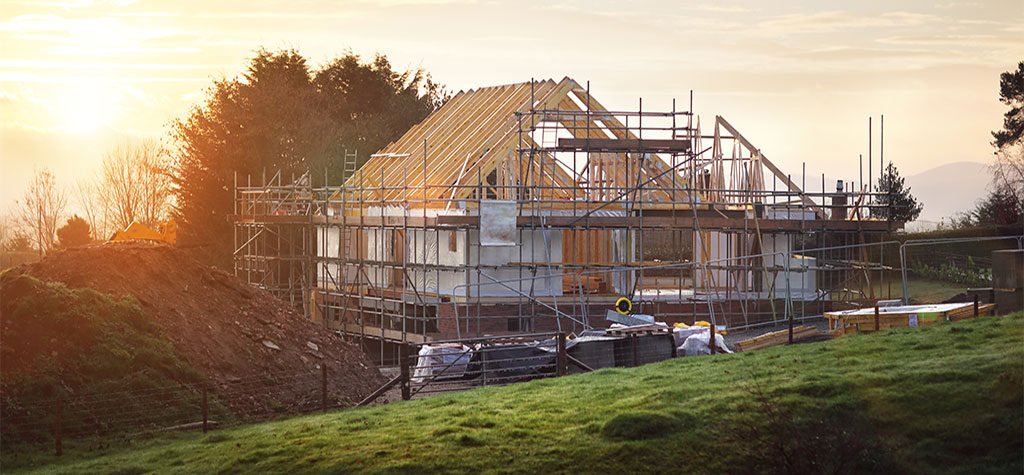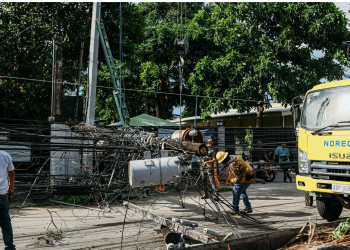Are you in a position to consider building a custom home? If so, many builders are willing to take this project on.
But what exactly is involved in the custom home building process?
The basics are pretty much no-brainers. Such as:
- Do I have a home to sell?
- How much is my budget?
- What type of home do I want, single-family, townhouse, or condominium?
Once these things have been determined, then it is time to choose a contractor. It is essential to find someone with whom you can get along. You will see him quite often, depending on the project’s size and the number of subcontractors needed on the job.
It is typically recommended to choose at least three contractors from which to make your decision.
Some questions should be answered to help you make an informed decision.
- How long have you been in business?
- How will the site be supervised, and who will be there?
- Can you provide me with a timeline?
- What guarantee can you provide?
- How much do I have to put down to begin the job?
- Will everything be put in writing?
- How do you choose subcontractors for your projects, and how are they paid?
- Do you have proper insurance coverage, for example, workmen’s compensation and liability for your employees’ protection?
The Better Business Bureau offers some tips for the type of contractors to avoid.
- Do they go door to door to solicit business?
- Do they prefer that you pay in cash?
- Do they request that you pay for the entire job upfront?
- Do they use high-pressure methods to convince you to decide quickly?
- Do they have the perfect lender for you to use?
Always make sure that everything involved in the building of your home is included in the contract. For example, how will a change order impact the completion date? Who will be responsible for the cleanup at the end of the project?
Make sure that you go to the job site, at least weekly if your physical location permits. Being on-site is the best way to make sure everything is being done to your specifications. For example, the roofing has started, and the roofers are installing the wrong shingles. It is better to catch an error while it is happening, rather than at the end of the project.
It is good to remember that an established contractor doesn’t need a large amount of money from you to pay for materials or overhead. They should have an adequate cash flow to begin the project without an advance.
It seems rather obvious, but don’t ever pay a contractor cash. It is difficult or impossible to track and is often requested by disreputable contractors.
Cities and counties have permits that need to be pulled before work is started. They have online resources that advise the homeowners on what is required on a construction project. Homeowner’s insurance companies are not in favor of work that is not permitted. If something were to go wrong, and the correct permits are not in place, the chances of your claim being covered are very slim.
Building a new home can be a fascinating experience. But it would be best if you found a new home builder with experience, credibility, and a flawless reputation.








